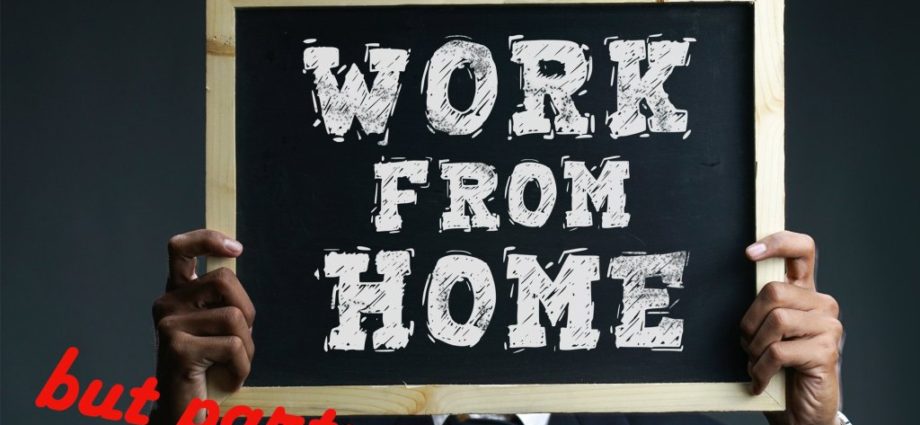
istock image
A report on the recent All Party Parliamentary Group (APPG) on Coronavirus.
How willing would people be to abide by the new rules now?
Are the public unwilling to comply?
Steven Reicher (Professor of Psychology at the University of St Andrews) and member of the Scientific Pandemic Insights Group on Behaviours (SPI-B), a subgroup of Scientific Advisory Group for Emergencies (SAGE) said that too often the blame is attributed to the public. The hidden premise to this notion is that the government and authorities would like to bring in measures, but don’t know if they can because of how the public might react.
Dr Reicher said:
“……that’s a misrepresentation of what’s been happening throughout the pandemic. In fact, if you look at the polling data throughout the pandemic … people have been calling for some measures before the government has and they’ve been more reticent when measures have been lifted. …. at the recent polling, even back in October, the majority of people supported all the measures in Plan B.”
How specific is the information given to the public?
Dr Reicher, a psychologist, said that behaviour is not just about motivation. There are other factors. The first of these is INFORMATION about what we need to do.
He elaborated:
“We need to know what .. what the problems are and we need to know how to respond… Scientific Pandemic Insights Group on Behaviours (SPI-B) said, very strongly, right from the beginning, that any information, any messaging, any advice has got to be specific so that when you read it you know precisely what to do. … when there was a change from ‘stay at home’ to ‘stay alert’ we were deeply concerned and in fact 96% of people understood the ‘stay at home’ message; only 31% understood ‘stay alert’ because how do you stay alert to a virus. … at the moment we are being told things like be careful, socialise carefully…what does that mean in practice? … It’s contradictory. Many people have pointed this out so ‘we are told stay at home during the day but do go out and party at night’. Those contradictions are very clear and of course again they are very toxic because it means again it’s confusing you don’t know what to think you don’t understand the logic it seems arbitrary why should you do it?”
And the messages about mask wearing have been contradictory. With aerosol transmission it became clear that should wear masks. But, Dr Reicher continues:
“basically the level of mask wearing stayed stubbornly around 20% because many people were saying look if it’s that important it would be made mandatory. If it’s not made mandatory it can’t be that serious. As soon as it was made mandatory, …. mask wearing in a couple of weeks went from 20% to about 70 or 80%.”
Do people have opportunity to comply?
Dr Reicher continues:
“Right at the beginning [of Covid 19] there was evidence which showed that poor people and minorities were between three and six times as likely to break lock down as more affluent people. This has nothing to do nothing to do with motivation. …. it was almost entirely to do with the opportunity to stay at home and put food on the table.“
Government not leading by example
This continues every day in the newspapers. The words and actions of the Government are contradictory.
Dr Reicher says:
“if the government does different things to that which it tells us to do it creates a sense of us and them. …. That was the effect of the of the infamous video.”
The effect is to create opposition between government and the people. The government showed contempt for the people. Through this they lost trust of the people and the ability to influence.
“ .. a government unable to lead; that’s precisely what happened post Cummings. ..Polling showed very clearly that after [the Cummings trip] the level of trust in the UK government fell.”
This did not happen for either Scottish or Welsh Governments. The police reported that many people, on being stopped, would say “well why can’t I do it if Cummings did it”.
“I think it’s important not to underestimate the importance of government rule breaking. It means in the end they can’t do their job they can’t lead us through a crisis.”
The final words from the experts (including Professor Wendy Barclay, Head of Infectious disease at Imperial College London and Professor Christina Pagel, Professor of Operational Research (applied mathematics) at University College London) centred around reducing the infections. The booster programme was welcomed but other measures are needed. Limiting contacts with other people was stressed and self-isolation was critical.
Please follow us on social media, subscribe to our newsletter, and/or support us with a regular donation


